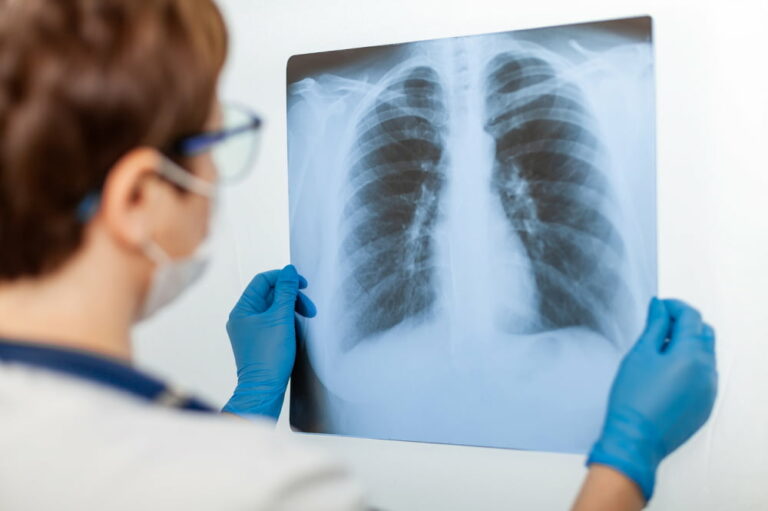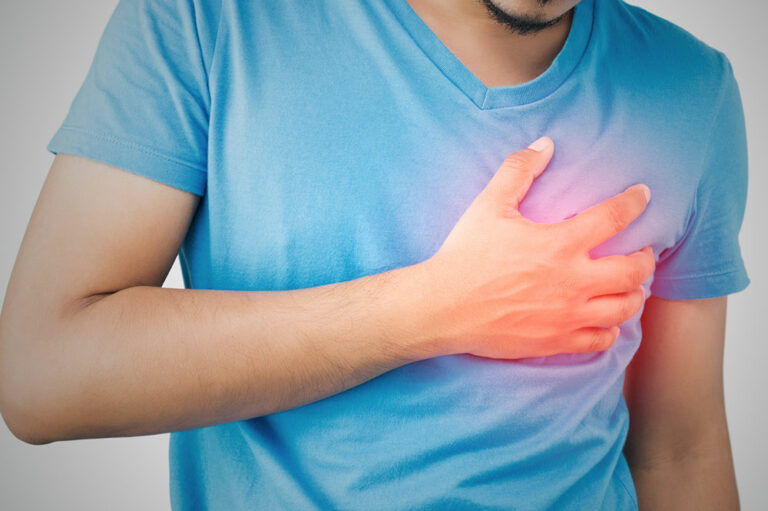
01
Avoid these 5 things to prevent skin diseases
Skin diseases are the fourth most common non-fatal diseases in the world. The skin is a sensitive organ that is exposed to all kinds of problems, from common issues like occasional acne to severe skin disorders like psoriasis. However, changes in lifestyle and eating habits can help manage overall health and keep skin diseases and problems at bay. Further, you should avoid or cut down on the following things to prevent skin issues. Dairy products Products using milk and dairy can lead to skin problems like acne, pimples, and whiteheads. The milk and dairy products that we use come with added adulterates. In addition, approximately 90% of the total production of dairy products contains added hormones. These hormones can cause skin outbreaks and lead to many other problems. To prevent skin diseases, dermatologists recommend avoiding milk and other dairy products. One can opt for healthier alternatives like nut milk or plant-based milk. Dehydration One should try to meet their daily water intake goal, as hydration is essential for healthier, glowing skin. One can also avoid dehydration by adding water-rich fruits and vegetables to their daily meals. Fruits like watermelon, cucumbers, oranges, and muskmelon are the ideal additions to maintain optimal hydration and improve skin health.
Read More 









